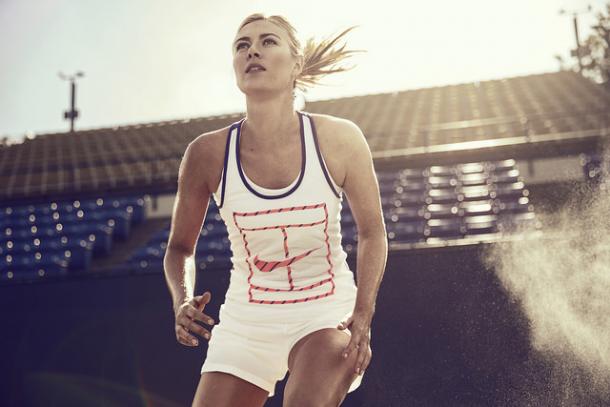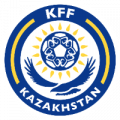The ITF has announced that Maria Sharapova has been suspended for two years due to her positive Meldonium drug test. The Russian announced in March that she tested for the drug Meldonium, a drug that she’s been taking for a decade due to family health concerns such as an irregular heartbeat, a history of diabetes, and a repetitive case of the flu.
The drug was placed on the World Anti-Doping Agency’s list at the beginning of 2016, but players were warned ahead of time that it was doing to be banned. The five-time Grand Slam champion tested positive for the drug during the Australian Open. She lost to Serena Williams in the semifinals and has not played since then.
She will appeal to the Court of Arbitration for Sport. As things stand, she will be out of action until Jan 25, 2018. The suspension will be backtracked to January 26, 2016.
Hiding Drug Use Proves Costly
In their official decision, the ITF points to the fact that Sharapova was knowingly ingesting the drug, and although it acknowledges that she was unaware that it was a banned substance at the Australian Open, she failed to "take any steps to check whether the continued use of this medicine was permissible."
The most damning piece of evidence cited by the tribunal was the fact that Sharapova kept her Meldonium use a secret from everyone except her father, including her coach, trainer, physio, and WTA doctors. The investigation found that Sharapova had not included her use of Meldonium after 2010 and had failed to disclose any drug use on signed doping control forms in 2014 and 2015.
Throughout the 33-page official decision, Sharapova's secrecy around the use of the drug, even though it was not a banned substance until January 1st, 2016, is cited as evidence against the five-time major champion, and it does not reflect well.
The conclusion of the ITF's decision says, "If she had not concealed her use of Mildronate from the anti-doping authorities, members of her own support team and the doctors whom she consulted, but had sought advice, then the contravention would have been avoided. She is the sole author of her own misfortune."
The Hit to the Sharapova Brand
The Russian, who was a constant figure at number one in Forbes’ list of the highest-paid female athletes, was surpassed by Serena Williams in that regard for the first time in the last 11 years. Watchmaker Tag Heuer and credit card company American Express did not renew their contract or pick up their option with her after their deals with her expired in 2015.
Nike and Porsche both have suspended promotional plans with her but have not terminated their contracts with her. Other brands, such as HEAD, Avon, and Evian, have continued to back her with HEAD, her racket sponsor, has even stated that they will plan to extend their contract with the Russian.

Since her failed drug test, players have publicly voiced their support, or in some cases distaste, over the Russian. Newly-crowned French Open doubles champion Kristina Mladenovic was the first to hit out at the five-time Grand Slam champion and was then followed by Dominika Cibulkova who called her “arrogant, conceited, and cold”.
Out of the Olympics
Despite the known drug ban, the Russian was named to the provisional Russian Olympic Tennis team. However, after the suspension was announced, Sharapova has been removed from the team. Daria Kasatkina, Svetlana Kuznetsova, and Anastasia Pavlyuchenkova were named to the team, while Ekaterina Makarova will be the replacement for Sharapova.










































